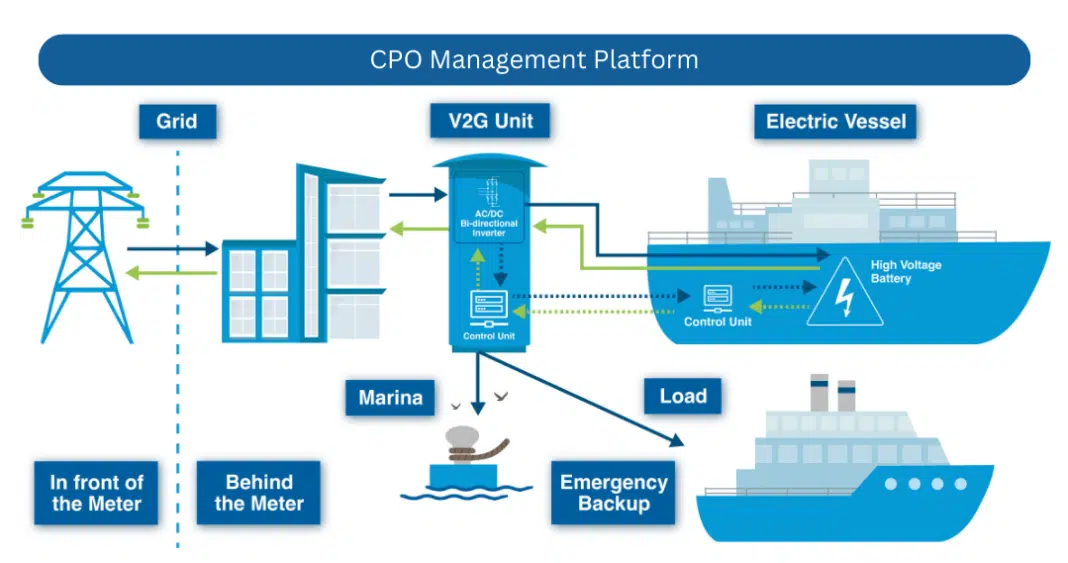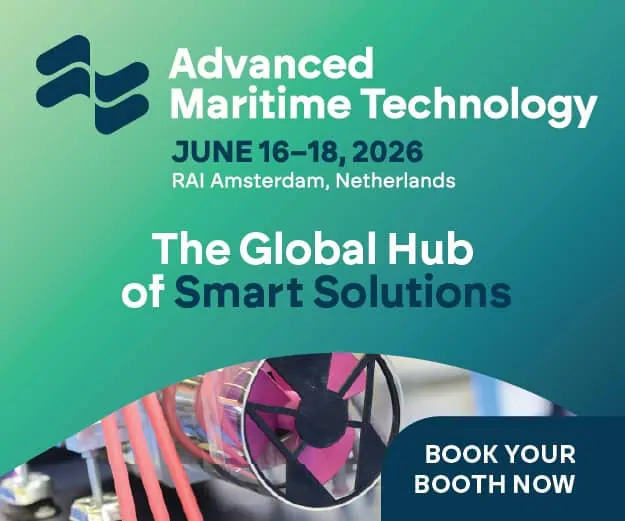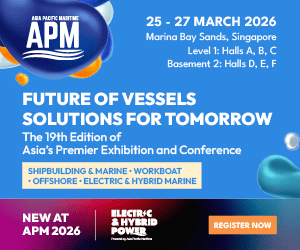Aqua superPower has just released an industry-transforming Whitepaper that sheds light on the immense potential of Vessel-to-Everything (V2X) technology for the maritime industry. This landmark report rounds off the Virtual Bunkering of Electric Vessels (VBEV) project, funded by the UK Government, assessing the financial, technical, and operational feasibility of bi-directional charging infrastructure in the maritime sector.
This six-month feasibility study brought together electric boat charging operator, Aqua SuperPower, bi-directional charging manufacturer, Indra Renewable Technologies as well as research and technology experts Cenex and the University of Plymouth.
V2X (Vehicle/Vessel-to-Everything) is the overarching term for using bi-directional charging technology to transfer the energy stored by electric vessel batteries to the grid, buildings, or load. With a sharp focus on the value of Vehicle-to-Everything (V2X) technology for electric vessels, the VBEV project seeks to drive the sector’s decarbonisation and foster the development of a robust marine V2X ecosystem, enabling widespread adoption.
Battery electric vessels have been identified as a cornerstone in the UK Government’s Clean Maritime Plan, particularly for short to medium-range operations like ferry services, workboats, and recreational vessels. Furthermore, these batteries can also be seamlessly integrated with alternative fuels to create hybrid systems for vessels with longer-range requirements.
The global landscape comprises 2,916 ports, 4,161 harbours, and 25,000 marinas, all of which will need to upgrade their facilities to stay competitive and meet the growing demand from customers. These upgrades are anticipated to include charging infrastructure and shore power, dramatically increasing power demand, grid capacity, and reshaping dynamic between the energy and maritime sectors. As the adoption of battery electric vessels surges, substantial investments in enabling infrastructure at both system and site levels are indispensable.
Aqua superPower’s Whitepaper, titled ‘The Opportunity for Bi-directional Charging in the Maritime Sector’, offers crucial insights into the cross-sector maritime V2X possibilities, including:
1. Enhancing energy flexibility and energy arbitrage services to support the power grid, thus promoting renewable energy generation, grid resiliency, and energy security.
2. Seamlessly integrating battery electric vessels into marina energy management, optimising onsite renewables, managing grid constraints, and reducing energy costs.
3. Revolutionising the financial model for electric vessels by generating consistent revenue from V2X services, ultimately reducing the lifetime costs of vessel ownership.
4. Capitalising on the projected growth of battery electric vessels, advancements in V2X technologies, escalating demand for renewables, and the maturation of energy markets to drive the maritime sector towards net-zero emissions and economic opportunities.
This paper aims to underscore the pivotal role V2X can play in the maritime sector and the wealth of opportunities it presents. It also outlines the key steps necessary to make marine V2X a reality, emphasising the critical need for universal communication standards among OEMs, utilities, and charging companies to accelerate adoption.
In conjunction with Aqua superPower’s Whitepaper, Cenex has also published a report titled titled ‘Vessel-to-Grid: An Analysis of Revenue Streams and Vessel Archetypes for Bi-directional Charging of Electric Vessels’. As part of the VBEV project, this report zeroes in on the value of V2G for electric vessels, providing a comprehensive perspective on the immense potential of V2X technology in the maritime sector.
“Aqua superPower are proud to lead the exploration of the future of maritime technology.” said Adam Marshall, Chief Technology Officer, Aqua superPower. “This Whitepaper illuminates the potential of Vessel-to-Everything (V2X) technology as a transformative force in the maritime sector. It underscores how bi-directional charging infrastructure can empower electric vessels as not only consumers, but as contributors to the grid, enhancing sustainability goals, reducing operational costs, and catalysing an industry-wide shift towards clean energy solutions.”
“While V2X remains a relatively novel concept in the maritime industry, even the automotive sector is in the early stages of commercialisation, with significant research and development projects still ongoing.” explains Alex Bamberg, CEO of Aqua superPower. “The VBEV project sets the stage for a groundbreaking UK demonstrator of bi-directional boat charging, poised to unlock the substantial opportunities and benefits that this transformative technology offers to the maritime sector. We are proud to play a leading role in making V2X a reality for the benefit of all stakeholders.”
“The marine sector provides an exciting opportunity for the development of V2X. Building on development from the automotive sector, marine V2X can promote vessel electrification, creating a revenue stream for vessel owners, supporting marinas with grid connection limitations, and reducing carbon emissions. Vessels with lower usage are particularly suitable, and with V2X offering opportunities for battery management, these vessels could doubly benefit.” said Greg Payne, Principal Technical Specialist, Cenex.
For a deeper understanding of this game-changing innovation, request Aqua superPower’s ‘The Opportunity for Bi-directional Charging in the Maritime Sector’ Whitepaper today at enquiries@aqua-superpower.com













